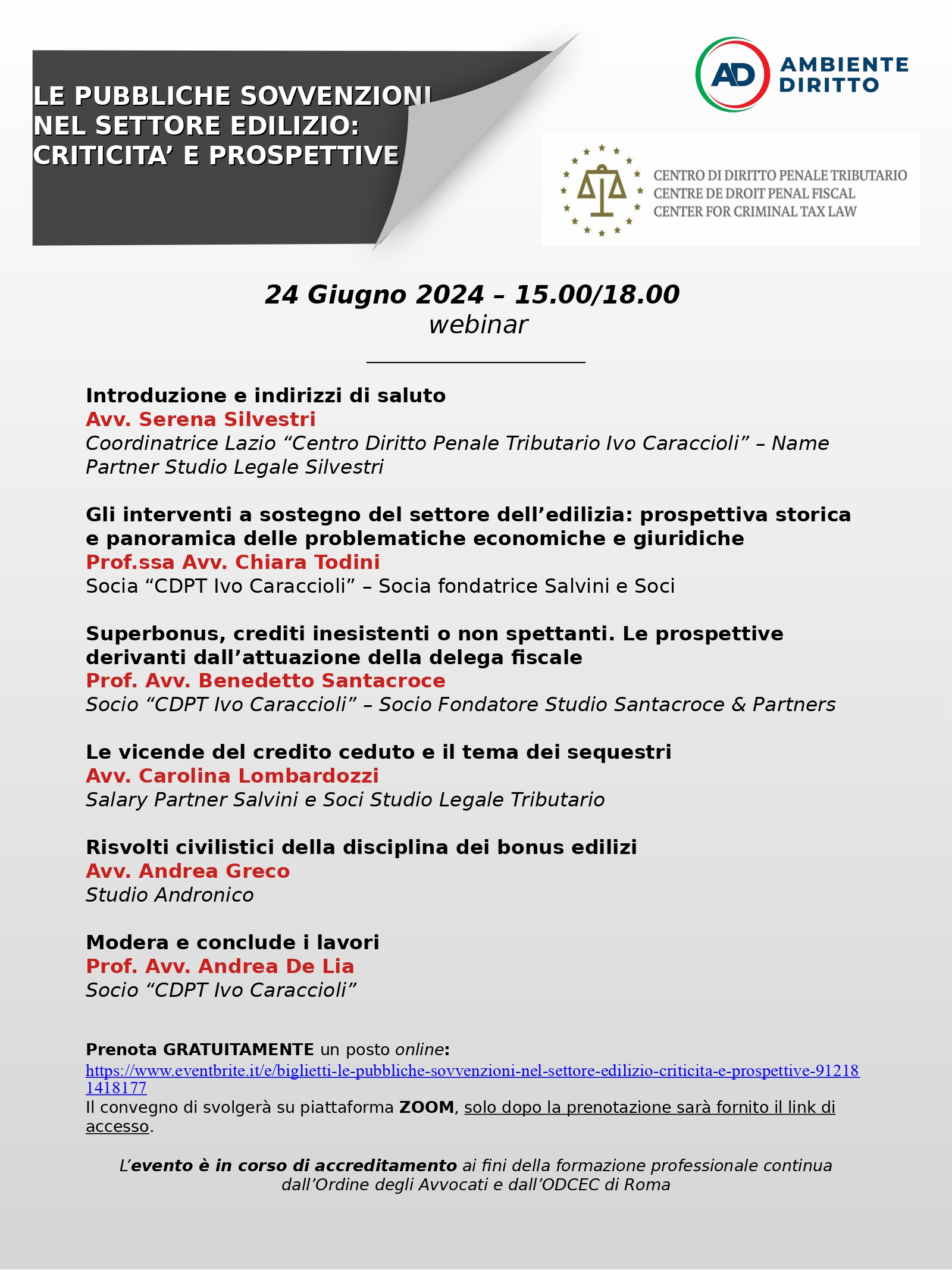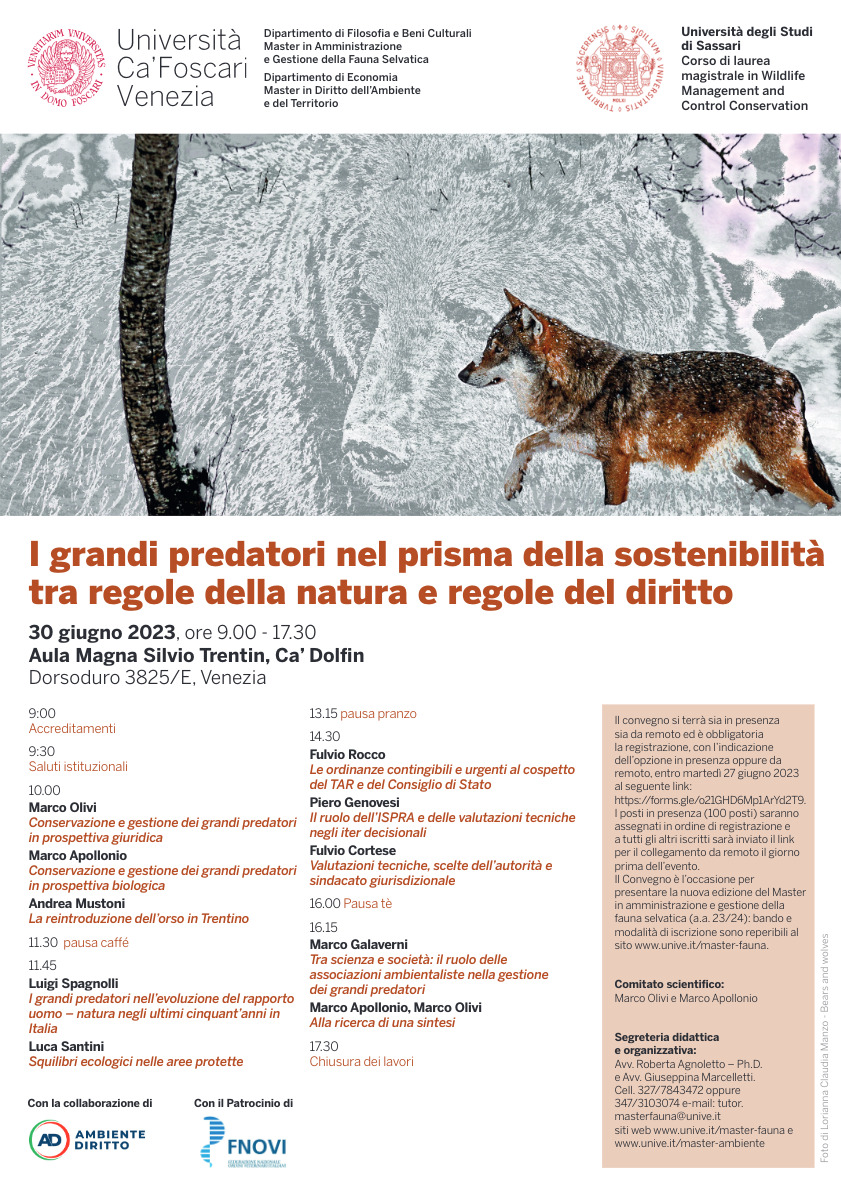______________ AMBIENTEDIRITTO ______________
FISCALITÀ E TUTELA DELL’AMBIENTE: ALLA RICERCA DI UN LINGUAGGIO UNIVERSALE E GLOBALE.
Fabio Saverio Romito
Abstract. L’articolo, ripercorrendo le tappe significative di ciò che la Comunità Internazionale ha realizzato, dal 1972 a Stoccolma fino alla stesura dell’Agenda del 2030, in ambito normativo, economico e dottrinale per la tutela ambientale, evidenzia come sia necessario attuare una politica fiscale globale che poggi su basi comuni. E’ posto in luce il ruolo prioritario svolto dall’Unione Europea in ambito politico, legislativo e normativo nella creazione di un linguaggio comune finalizzato ad incrementare gli investimenti in tecnologie green e ad individuare l’obiettivo ambientale dei tributi. Viene sottolineato come sia determinante l’economia circolare nell’ottica di uno sviluppo sostenibile, rimarcando come i fenomeni dell’industrializzazione e della globalizzazione hanno reso contrastanti gli interessi degli Stati con quelli dell’ambiente e della salute, per cui lo snodo decisivo consiste non solo nell’allungamento del ciclo di vita dei prodotti, ma anche nella loro trasformazione in fonti energetiche, rendendo così il rifiuto risorsa. L’articolo individua quali strumenti determinanti per il sostenimento delle gravose e urgenti politiche ambientali di cui necessita il pianeta, l’armonizzazione dell’economia circolare letta in combinato con una fiscalità anch’essa circolare – volta non tanto a sanzionare quanto a incentivare – e la creazione di un comune linguaggio giuridico.
Abstract. The article retraces the significant stages of what the International Community has achieved, from 1972 in Stockholm until the drafting of the 2030 Agenda, in the regulatory, economic and doctrinal field for environmental protection, underlines the need for a comprehensive fiscal policy based on a common basis. The priority role played by the European Union in the political, legislative and regulatory field is highlighted in the creation of a common language aimed at increasing investments in green technologies and identifying the environmental objective of the levies. It is stressed that the circular economy is crucial in the perspective of sustainable development, noting how the phenomena of industrialization and globalization have made conflicting the interests of states with those of the environment and health, therefore the decisive point is not only in extending the life cycle of products, but also their transformation into energy sources, thus making waste a resource. The article identifies the harmonization of the circular economy with a tax system that is also circular, aimed not so much at sanctioning as at encouraging, and in the creation of a common legal language the decisive tools for supporting the burdensome and urgent environmental policies that the planet needs.
SOMMARIO: 1. Introduzione. 2. La necessità di un linguaggio comune. 3. Le origini. 4. La fiscalità ambientale in Italia. 5. Capacità contributiva e tributi ambientali. 6. Dall’economia lineare a quella circolare. 7. Fiscalità circolare e ambiente: la plastic tax. 8. Conclusioni.
Scarica allegato





 AMBIENTEDIRITTO.IT EDITORE
AMBIENTEDIRITTO.IT EDITORE